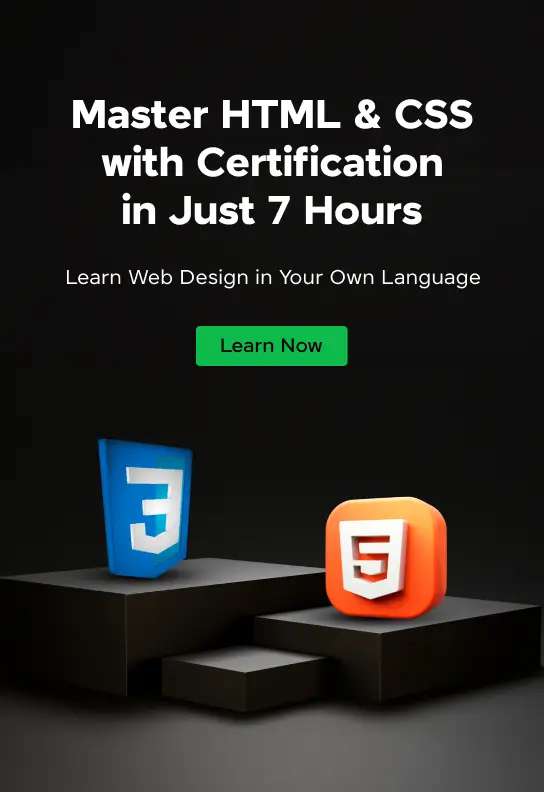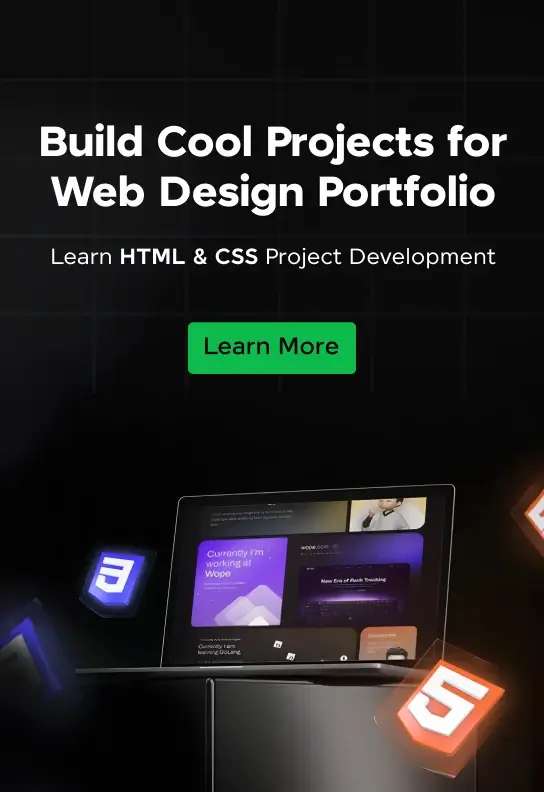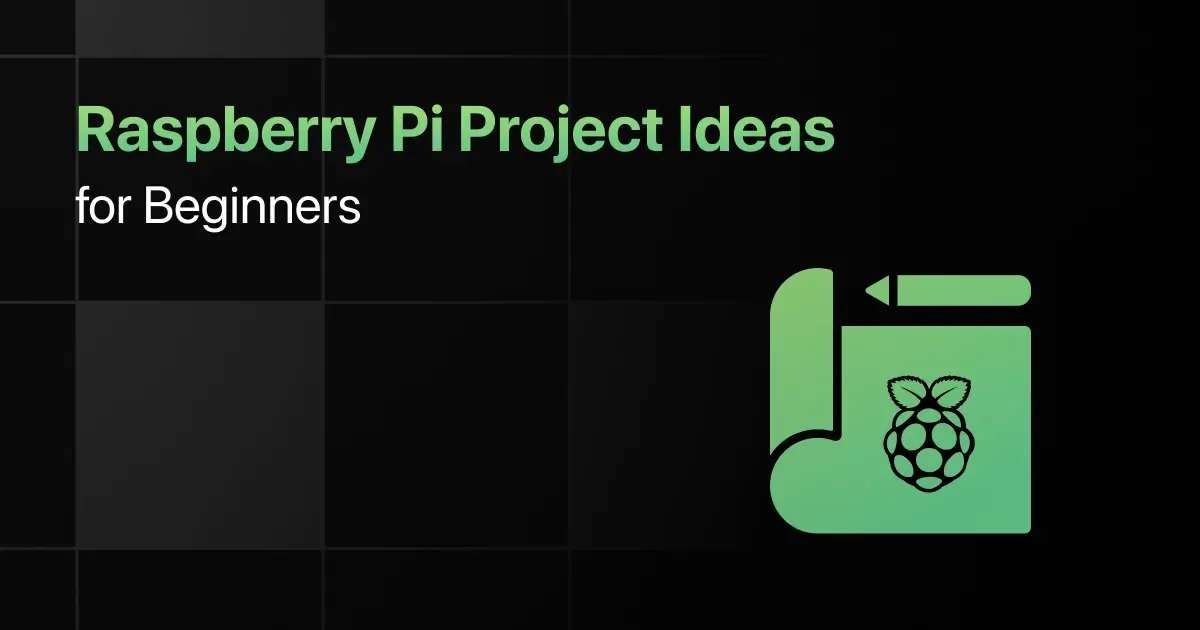Best Websites to Learn HTML and CSS
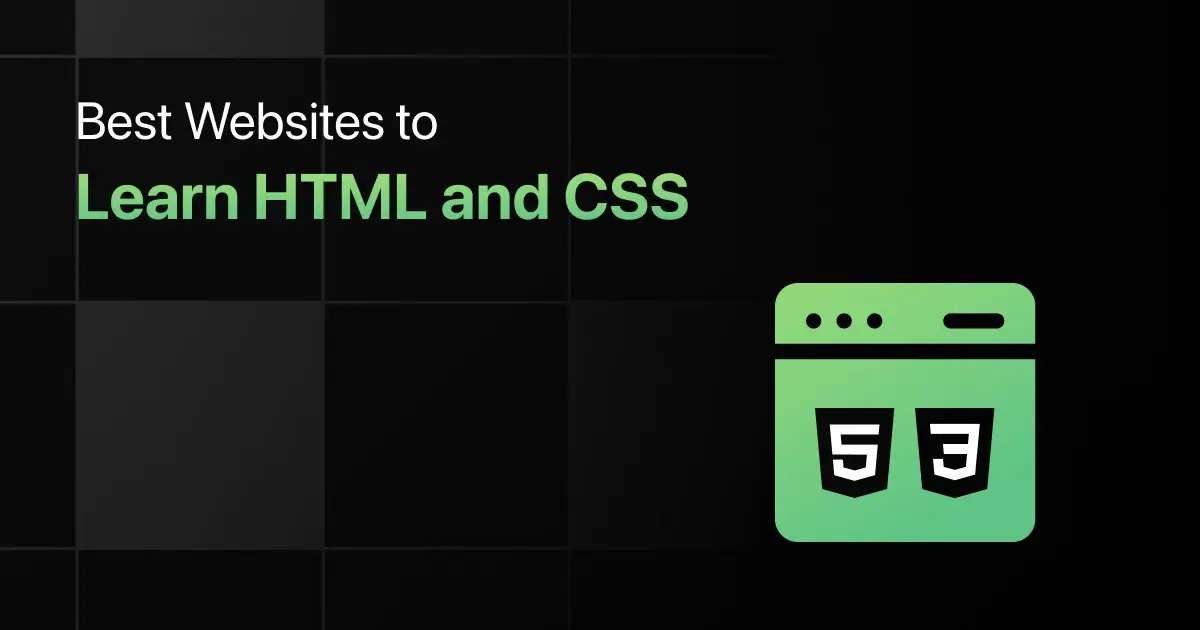
Dreaming of designing stunning websites but not sure how to start without spending money?
Jump into web design with the best websites to learn HTML and CSS for free, where you can master the building blocks of the web at no cost.
10 Best Websites for HTML and CSS – Overview
Here’s an overview of the top 10 websites to learn HTML and CSS:
| S.No. | Website Name | Course Duration | Pricing | Certification | Website Link |
|---|---|---|---|---|---|
| 1 | GUVI | 7 hours | Paid | Yes | Visit Now |
| 2 | Codecademy | Varied | Freemium | Yes | Visit Now |
| 3 | W3Schools | Self-paced | Paid | Yes | Visit Now |
| 4 | Coursera | 28 hours | Freemium | Yes | Visit Now |
| 5 | MDN Web Docs | Self-paced | Free | No | Visit Now |
| 6 | edX | Self-paced | Freemium | Yes | Visit Now |
| 7 | FreeCodeCamp | 11 hours | Free | No | Visit Now |
| 8 | Scrimba | Self-paced | Free | No | Visit Now |
| 9 | Udemy | 11.5 hours | Paid | Yes | Visit Now |
| 10 | Khan Academy | Self-paced | Free | No | Visit Now |
Best Websites to Learn HTML and CSS Programming for Beginners
Below is the list of best websites to learn HTML and CSS for beginners:
1. GUVI
GUVI’s HTML & CSS Course Bundle is designed as a comprehensive gateway to mastering the fundamental building blocks of web development.
Learners will explore concepts such as the Application Development Life Cycle, Front-End vs Back-End Development, Formatting Tags, HTML Table, Web Fonts, Images and Forms in HTML, CSS Selectors, Formatting Styles, CSS Backgrounds, Box Model, Flexbox, and much more.
The course is self-paced and includes 7 hours of recorded content, along with access to 4 gamified practice platforms and dedicated forum support. Upon completion, students receive a globally-recognized certificate.
Course Diversity: Covers HTML and CSS from basics to advanced topics.
Learning Style: Self-paced with recorded content and hands-on sessions.
Pricing Structure: Course available at Rs. 1499.
Platform Usability: User-friendly interface with easy access to course materials.
Certifications Offered: Globally recognized certification upon completion.
Language Options: Available in English.
Instructor Expertise: Taught by industry experts.
Duration of Courses: 7 hours of recorded content.
Community and Support: Dedicated forum support for doubt clearance.
2. Codecademy
Codecademy offers a comprehensive range of HTML & CSS courses, designed to teach the foundational elements of web development.
Learners can start with the basics of HTML, learning how to structure web pages, and then move on to CSS, where they learn to style and layout web pages. The courses include interactive lessons, projects, and quizzes, making the learning process engaging and practical.
Topics covered include HTML fundamentals, CSS Flexbox and Grid, responsive design, and more advanced CSS features like animations and transitions.
Course Diversity: Covers a wide range of topics from HTML basics to advanced CSS features.
Learning Style: Interactive, hands-on learning with projects and quizzes.
Pricing Structure: Included with Codecademy’s paid plans.
Platform Usability: User-friendly, with AI-assisted learning and a mobile IDE.
Certifications Offered: Certificate of completion available.
Language Options: Course content primarily in English.
Instructor Expertise: Developed by experienced web developers and educators.
Duration of Courses: Varies, with options for short courses and extended paths.
Community and Support: Access to Codecademy’s community and learning resources.
3. W3Schools
W3Schools Campus offers an HTML course titled “Learn HTML,” designed to provide a structured and beginner-friendly approach to web development. T
It covers the essentials of HTML, the foundational language used to structure web pages. The course is comprehensive, teaching learners how to create their first functional website, structure websites effectively, and implement basic website design and styling. It also covers how to incorporate functional forms, lists, tables, and media into a website.
The course is priced at $95 and includes interactive learning modules, quizzes, and practical exercises.
Upon completion, learners have the opportunity to take an exam and earn a W3Schools HTML certification, which is recognized by top companies and institutions worldwide.
Course Diversity: Covers HTML fundamentals, website structure, and design.
Learning Style: Structured, beginner-friendly course with interactive modules.
Pricing Structure: Course available at $95.
Platform Usability: User-friendly and well-organized for easy learning.
Certifications Offered: W3Schools HTML certification upon passing the exam.
Language Options: Available in English.
Instructor Expertise: Course developed by W3Schools, a leader in web developer education.
Duration of Courses: Self-paced with a structured learning path.
Community and Support: Does not specify community or support options.
4. Coursera
The “HTML and CSS in Depth” course on Coursera, offered by Meta, is a comprehensive program designed to teach the fundamentals of web development using HTML and CSS. This course is part of the Meta Front-End Developer Professional Certificate and is taught in English with 20 language options for subtitles.
The course is structured to provide learners with the skills to create responsive layouts and user interfaces using HTML5 and CSS, along with an introduction to Bootstrap and debugging tools. The course content is beginner-friendly and spans approximately 28 hours, offering a flexible learning schedule.
It includes creating a simple form with a responsive layout, implementing debugging tools, and gaining skills in HTML, CSS, React, and JavaScript.
Course Diversity: Covers HTML5, CSS, Bootstrap, and basic React and JavaScript.
Learning Style: Structured learning with quizzes and hands-on projects.
Pricing Structure: Accessible through Coursera subscription, financial aid available.
Platform Usability: User-friendly platform with flexible learning schedule.
Certifications Offered: Shareable certificate upon completion.
Language Options: Content available in English with subtitles in 20 languages.
Instructor Expertise: Taught by Meta staff.
Duration of Courses: Approximately 28 hours, self-paced learning.
Community and Support: Access to Coursera’s community of learners and developers.
5. MDN Web Docs
The MDN Web Docs provide an extensive and authoritative guide on HTML (HyperText Markup Language), the foundational language for creating web content.
It covers a wide range of topics, from basic HTML structure and elements to more advanced concepts like multimedia embedding, forms, and semantic HTML. The HTML section on MDN includes tutorials for beginners, detailed references for each HTML element and attribute, and guides on best practices for web development.
The site also delves into advanced topics such as CORS settings, preloading content, and understanding the differences between inline and block-level elements.
Course Diversity: Covers HTML basics, multimedia embedding, forms, and advanced concepts.
Learning Style: In-depth documentation with practical examples and interactive demos.
Pricing Structure: Free access to all content.
Platform Usability: Well-organized and easy to navigate.
Certifications Offered: Does not offer certifications.
Language Options: Content primarily in English, with versions available in other languages.
Instructor Expertise: Content developed by web development experts.
Duration of Courses: Self-paced, time varies depending on the learner’s schedule.
Community and Support: Does not specify community or support options.
6. edX
The “HTML5 and CSS Fundamentals” course on edX, offered by the World Wide Web Consortium (W3C), is a foundational program designed to teach the basics of web design and style.
This course is part of W3C’s “Front-End Web Developer” Professional Certificate and is aimed at beginners with no prerequisites required.
The course covers all the fundamental elements of web design, from headers and links to images and sidebars. By the end of the course, participants will have built a basic framework for their own website.
The course has been developed by Dale A. Schouten, Anusha Muthiah, and Christopher Perkins, as part of a partnership between W3C and Intel®.
Course Diversity: Covers the basics of HTML5 and CSS for web design.
Learning Style: Step-by-step guide with practical web design elements.
Pricing Structure: Free to enroll with an optional upgrade available.
Platform Usability: User-friendly interface with easy navigation and access to course materials.
Certifications Offered: Part of the Professional Certificate in Front-End Web Developer.
Language Options: Course and video transcripts available in English.
Instructor Expertise: Developed by experts from W3C and Intel®.
Duration of Courses: Self-paced with a structured schedule.
Community and Support: Access to edX’s community and support resources.
7. freeCodeCamp
The “HTML & CSS 11-Hour Course” on freeCodeCamp, taught by John Smilga of Coding Addict, is an extensive video course designed to teach HTML and CSS from scratch.
HTML (HyperText Markup Language) is the standard markup language for creating web pages, while CSS (Cascading Style Sheets) is used for styling and layout of web pages.
Throughout the course, learners will gain a comprehensive understanding of these technologies, starting from the basics and progressing to more complex concepts. By the end of the course, participants will be capable of creating their own web development projects.
The course is available on the freeCodeCamp.org YouTube channel and complements the free HTML/CSS curriculum offered by freeCodeCamp.
Course Diversity: Covers HTML and CSS from basic to advanced levels.
Learning Style: Video-based learning with practical project creation.
Pricing Structure: Completely free.
Platform Usability: Accessible on YouTube, easy to follow along.
Certifications Offered: Does not specify certifications for this course.
Language Options: Content available in English.
Instructor Expertise: Taught by John Smilga, an experienced web developer and educator.
Duration of Courses: 11 hours of comprehensive content.
Community and Support: Access to freeCodeCamp’s vast community of learners and developers.
8. Scrimba
Scrimba’s HTML and CSS course, titled “Learn HTML and CSS,” is an interactive and comprehensive program designed to teach the fundamentals of web development. This course is ideal for beginners, featuring over 75 coding challenges.
The course is structured to teach HTML and CSS through building and deploying five engaging projects. It covers a wide range of topics, including text elements, anchor tags, divs and spans, attributes, nesting, lists, images, CSS basics, classes and IDs, the box model, margin and padding, basic flexbox, and more.
The course is unique in its approach, utilizing Scrimba’s interactive code-learning technology, allowing students to learn concepts and immediately apply them through coding challenges.
The course is taught by Per Harald Borgen, a front-end developer and co-founder of Scrimba, known for making tutorials simple and focused on project-based learning.
Course Diversity: Covers a wide range of HTML and CSS topics through project-based learning.
Learning Style: Interactive and hands-on with coding challenges and projects.
Pricing Structure: Free access to the course.
Platform Usability: User-friendly and interactive, ideal for beginners.
Certifications Offered: Does not specify certifications for this course.
Language Options: Content available in English.
Instructor Expertise: Taught by Per Harald Borgen, an experienced front-end developer.
Duration of Courses: Self-paced with a structured learning path.
Community and Support: Does not specify community or support options.
9. Udemy
Web Design for Beginners: Real World Coding in HTML & CSS” is a comprehensive Udemy course aimed at teaching the fundamentals of web design using HTML and CSS.
It includes over 44 lessons, providing a solid foundation in web design principles, responsive design, and best practices.
The course is structured to guide learners through the process of building a professional-looking website from scratch. It emphasizes practical skills, such as creating layouts, styling content, and implementing responsive design for different devices.
The course also includes a demo HTML site to help learners apply the concepts they learn in real-world scenarios.
Course Diversity: Covers HTML5 and CSS3 from basic to advanced levels.
Learning Style: Video-based learning with practical coding exercises.
Pricing Structure: Individually priced, often with discounts available.
Platform Usability: User-friendly interface with easy access to course materials.
Certifications Offered: Certificate of completion provided.
Language Options: Content available in English.
Instructor Expertise: Course created by experienced web design instructors.
Duration of Courses: Course content of 11.5 hours.
Community and Support: Udemy platform offers Q&A sections and community forums.
10. Khan Academy
Khan Academy’s “Intro to HTML/CSS: Making webpages” is an educational course designed to teach the basics of web development using HTML and CSS. This course is part of their broader Computer Programming curriculum and is suitable for beginners.
It covers the foundational aspects of HTML, the standard markup language used to create web pages, and CSS, the language used for styling these pages. The course is structured into several units, each focusing on different aspects of HTML and CSS, from basic text formatting to more complex tasks like creating links, tables, and styling with CSS.
The course also includes interactive challenges and projects, allowing learners to apply their new skills in practical scenarios.
Course Diversity: Covers basic to intermediate HTML and CSS topics.
Learning Style: Interactive and hands-on with challenges and projects.
Pricing Structure: Completely free.
Platform Usability: User-friendly and suitable for learners of all ages.
Certifications Offered: Does not offer certifications.
Language Options: Content available in English.
Instructor Expertise: Developed by Khan Academy’s experienced educators.
Duration of Courses: Self-paced with a structured learning path.
Community and Support: Supportive community and resources for learners.
Frequently Asked Questions
1. What are the best websites for learning HTML and CSS?
The best websites for learning HTML and CSS are:
- GUVI
- Codeacademy
- W3Schools
- Coursera
- MDN Web Docs
- freeCodeCamp
2. What are some free HTML and CSS learning websites along with certifications?
MDN Web Docs, freeCodeCamp, edX, Scrimba, and Khan Academy are some free HTML and CSS learning websites along with certifications.
3. Why should I choose a website for learning HTML and CSS?
You should choose a website for learning HTML and CSS because they offer flexibility and have a variety of learning resources. They cater to different learning styles with interactive tutorials, video lectures, and hands-on exercises.
4. How do I choose the right website for learning HTML and CSS?
You can choose the right website for learning HTML and CSS by considering factors like course content quality, learning style compatibility (videos, interactive exercises), instructor expertise, community support, and pricing.
5. Can a beginner learn HTML and CSS effectively through websites?
Yes, beginners can effectively learn HTML and CSS through websites. Many platforms offer beginner-friendly courses that start with basics and gradually progress to more complex topics.
6. Are there websites that offer content in multiple languages for learning HTML and CSS?
Yes, some websites like Coursera and Udemy provide HTML and CSS learning content in multiple languages and subtitles.
Final Words
These websites are ideal for beginners and those looking to polish their web design skills, offering a range of interactive lessons and projects. They make learning HTML and CSS enjoyable, setting you up for success in the world of web development.
Keep checking this article as we will keep updating this space as more websites make space in the heart and study schedule of students preparing for placements and competitive exams.
Explore More HTML & CSS Resources
- HTML & CSS Practice Websites
- HTML & CSS YouTube Channels
- HTML & CSS Project Ideas
- HTML & CSS IDEs
- HTML MCQs
- CSS MCQs
Explore More Websites
- Python
- Java
- Coding
- C++
- C Programming
- SQL
- JavaScript
- Data Science
- Web Development
- Data Structures and Algorithms
- AI & Machine Learning
- Ethical Hacking
- Android Development
- React JS
- Game Development
- Competitive Programming
- Digital Marketing
- Tableau
- DBMS
- R Programming
- PHP
- Cyber Security
- Excel
- Node JS
- Data Analytics
- Bootstrap
- Cloud Computing
- Operating System
- Angular
- RPA
Related Posts
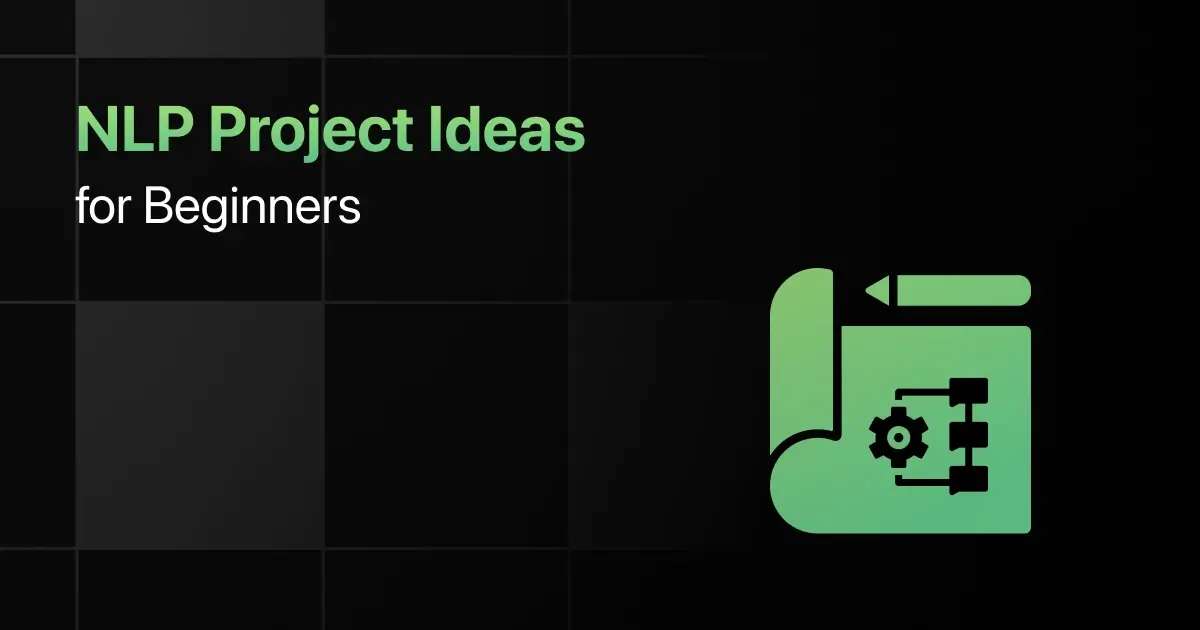
Golang Interview Questions
Are you preparing for your first Golang interview and wondering what questions you might face? Understanding the key Golang interview questions …

